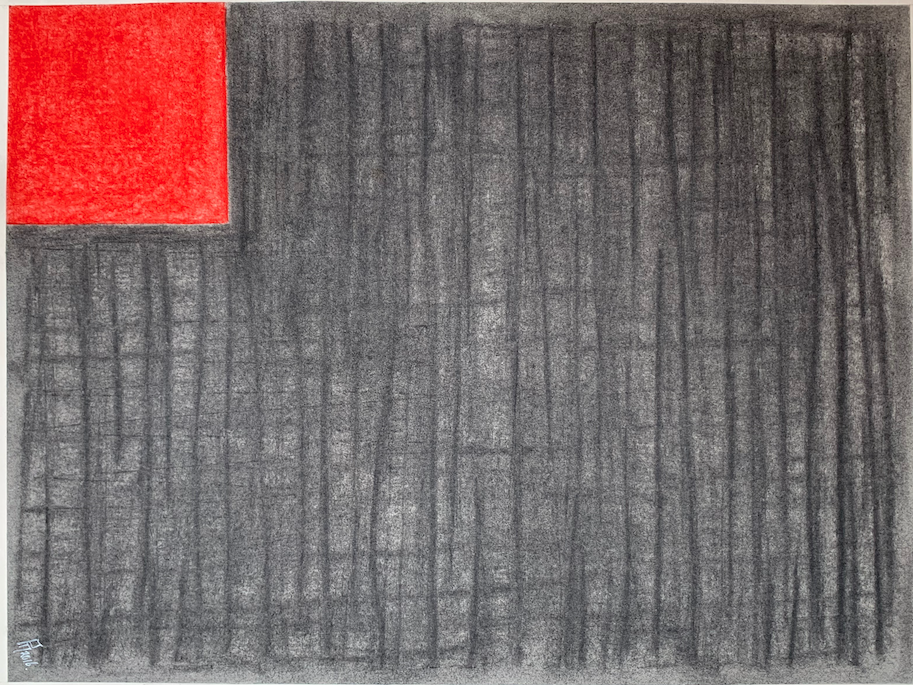The author of a landmark review into rape complaints said that the criminal justice system was ‘failing’ victims because of a lack of specialist units in police forces and blamed austerity cuts for undermining progress. Earlier this month it was revealed by the Guardian that at least two-fifths of police forces in England and Wales did not have specialist rape and serious sexual offence (Rasso) units.
‘That is one of the major reasons why the system is failing,’ Baroness Vivienne Stern told the Home Affairs Select Committee. Stern was author of a 2010 report that highlighted concerns over the level of rape cases resulting in convictions. During the session, the MPs examined data from 2018 released by the Office for National Statistics, highlighting that only ‘one sixth of rapes [were] reported to the police’ in England and Wales. Some 40% of those that did report an incident were forced to ‘drop out of the system’. This, according to Conservative MP Tim Loughton, was a key concern of ‘victims and survivors who were reluctant to come forward’ due to fears of ‘reliv[ing] the trauma’ throughout the stages of investigation and prosecution.
‘There is absolutely no doubt that you need specialist officers,’ Baroness Stern told MPs. ‘You only have to think for a minute to realise that somebody who has not been trained, who does not know anything about the things that we all know about, will maybe do his or her best but really it is completely impractical to put people who have not been trained to deal with them.
Stern argued progress made as a result of her earlier report had been reversed as a result of funding cuts. ‘Certainly, there was still a long way to go, much more needed to be done, but a structure was being built that was very promising,’ she said ‘… a lot of that work is now struggling. Cuts because of austerity have reduced the capacity to do much of this work; specialist police have seemingly gone back to general duties, the numbers convicted in court are very low, the number of independent sexual advisers is low.’
Donna Jones, Police and Crime Commissioner for Hampshire and Isle of Wight, told the MPs that it was ‘very sad’ that five forces did not respond to the Guardian’s FOI. ‘Even if you took them all at their highest and said there are 22 forces potentially that have dedicated RASSO teams, it is really not adequate when you look at the significance of the drop in rape charges over the last four to five years,’ she said.
She described forces facing ‘a perfect storm over the last five or six years’: ‘a huge increase in workload’ for the recording of historical rape and sexual offences, and new guidance on disclosure as a result of the Liam Allan case. ‘I spoke to one DC in Hampshire who was going to spend eight days redacting a triple-hand; a rape and serious sexual offences case. Eight days sat purely doing nothing else other than redaction,’ she reported.
‘The police are judged on their rape prosecutions. The CPS is judged on its rape convictions. There you have the problem,’ Jones continued. ‘The CPS do not necessarily want to take cases unless they are “belt and braces”.’
Avon and Somerset Police was one of the 17 forces revealed by the Guardian not to have a RASSO unit. It was recently reinstated. ‘It is not a deliberate choice not to have it,’ Sarah Crew, the force’s temporary chief constable said.
The former Lord Justice of Appeal of Northern Ireland, Sir John Gillen told the committee: ‘There can be a mistake in concentrating on the low prosecution rate because that is a factor… but it is a much wider issue.’ Drawing on his Independent Review of the Law and Procedures in Serious Sexual Offences in Northern Ireland, Sir John said ‘I spoke to just under 40 complainants in face-to-face meetings. Some had dropped out. Some had not gone to the police. Some had taken the case through the process and there had been an acquittal. Some had seen convictions. Without exception, they all gave reasons why the criminal justice system was inadequate…’.
Lady Dorrian, the second most senior judge in Scotland and the leader of a review into the management of sexual offence cases, recommended the pre-recording of evidence as ‘one quick, strong gain’. ‘There was no doubt in our minds in the review that very many of the problems that are encountered would be, if not resolved, at least ameliorated to a significant degree, if the evidence of complainers was pre-recorded at the earliest stage possible,’ she said. ‘The objective is to have the evidence-in-chief effectively recorded, a statement taken by the police, and any cross- examination taken in the form of a commission as soon as possible as the prosecution is started; possibly even before the indictment is served. Our experience of this was that, to a large extent, many of the problems that complainers experienced would be resolved if that were done. Not only because their evidence is done and dusted at a very early stage of the proceedings, so the concern that they are waiting to give their evidence and it is going to be months down the line would be removed.’







